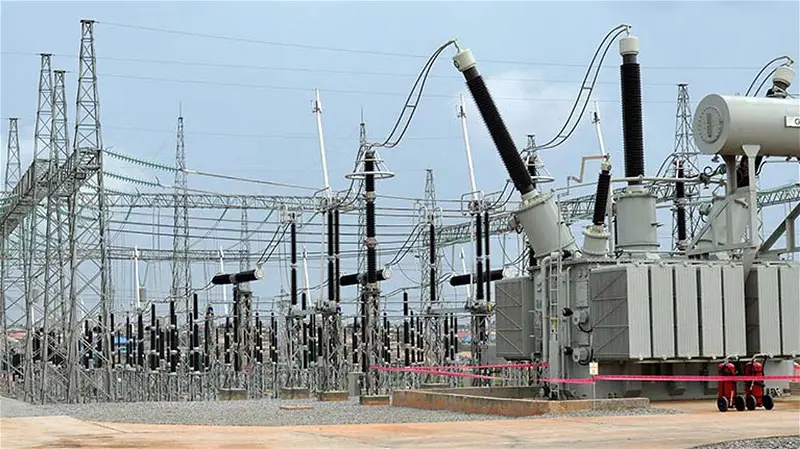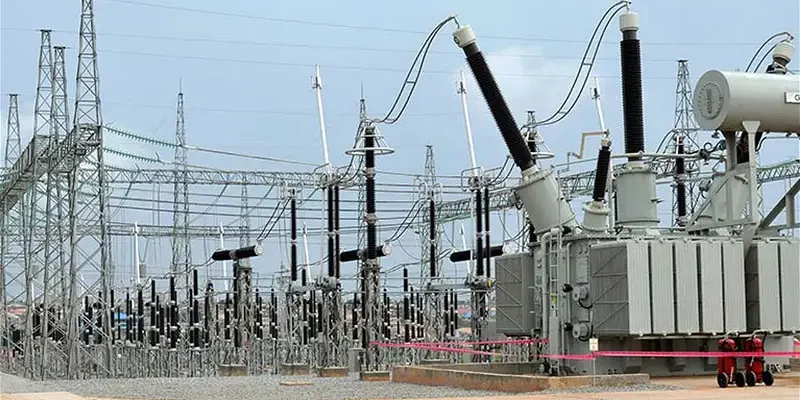
The Federal Government has expressed deep dissatisfaction with the performance of electricity distribution companies (DisCos), warning that their inefficiency is threatening the progress made in Nigeria’s power sector.
Minister of Power, Adebayo Adelabu, delivered this stern rebuke during a two-day retreat organised by the Senate Committee on Power. He accused the DisCos of undermining government efforts to improve electricity supply across the country.
In a statement issued by his Special Adviser on Strategic Communication and Media Relations, Bolaji Tunji, Adelabu highlighted persistent crises plaguing the Nigerian Electricity Supply Industry (NESI), with chronic underinvestment in distribution infrastructure cited as a major bottleneck.
“The DisCos have been a huge disappointment. They continue to frustrate all the gains we have recorded in power generation and transmission,” Adelabu said. “No matter how much we generate, it’s meaningless if the power doesn’t get to the end users.”
The Minister lamented that many DisCos failed to honour their commitment to engage technical partners after the 2003 privatisation of the sector. “Most of them claimed to have foreign partners when acquiring the assets, but those partnerships vanished within months,” he said.
Adelabu revealed that many DisCos financed their acquisitions through bank loans and have since focused on debt servicing instead of investing in critical infrastructure. “This has left the distribution segment as the weakest link in the power value chain,” he added.
Despite tariff reviews that increased market liquidity by 70 percent—raising sector revenue from ₦1 trillion in 2023 to ₦1.7 trillion in 2024—distribution performance remains poor. He cited the Q4 2024 figures: Northern DisCos remitted just ₦124.4 billion (30%) of their ₦408.86 billion invoice, with Abuja DisCo alone responsible for 85 percent of that amount. Southern DisCos performed better, remitting ₦254.6 billion (67%), mostly driven by Lagos-based companies.
“These discrepancies highlight the poor state of infrastructure outside economic hubs,” Adelabu said, noting that the sector continues to rely heavily on unsustainable subsidies. A subsidy backlog of ₦4 trillion looms, including ₦1.94 trillion for 2024 alone, with monthly shortfalls now reaching ₦200 billion.
The Minister also pointed to the country’s massive metering gap as a key contributor to revenue loss and consumer dissatisfaction. He announced that the government is tackling this issue through a ₦700 billion Presidential Metering Initiative (PMI) and a World Bank-supported programme aimed at deploying 4.3 million meters by 2025. So far, 75,000 meters were installed in April 2024, with an additional 200,000 expected in May.
“Bridging the metering gap is essential for fair billing and the financial health of the sector,” Adelabu stressed.
He warned that unless capital is urgently injected into distribution networks, recent gains in generation—such as the record 6,003MW output achieved in March 2025—and the deployment of 61 new transmission transformers in 2024, will not translate into stable electricity for Nigerian homes and businesses.
Adelabu also disclosed plans to restructure underperforming DisCos and enforce strict performance benchmarks. He revealed that the government is working to attract private investment into grid infrastructure and regionalise transmission networks to reduce systemic risks.
The Minister urged the National Assembly to pass stronger legislation to protect electricity infrastructure from vandalism, stressing that stiffer penalties are vital to maintaining the stability of power supply.
“The time has come to take tough decisions to save the power sector,” Adelabu concluded.

Comments